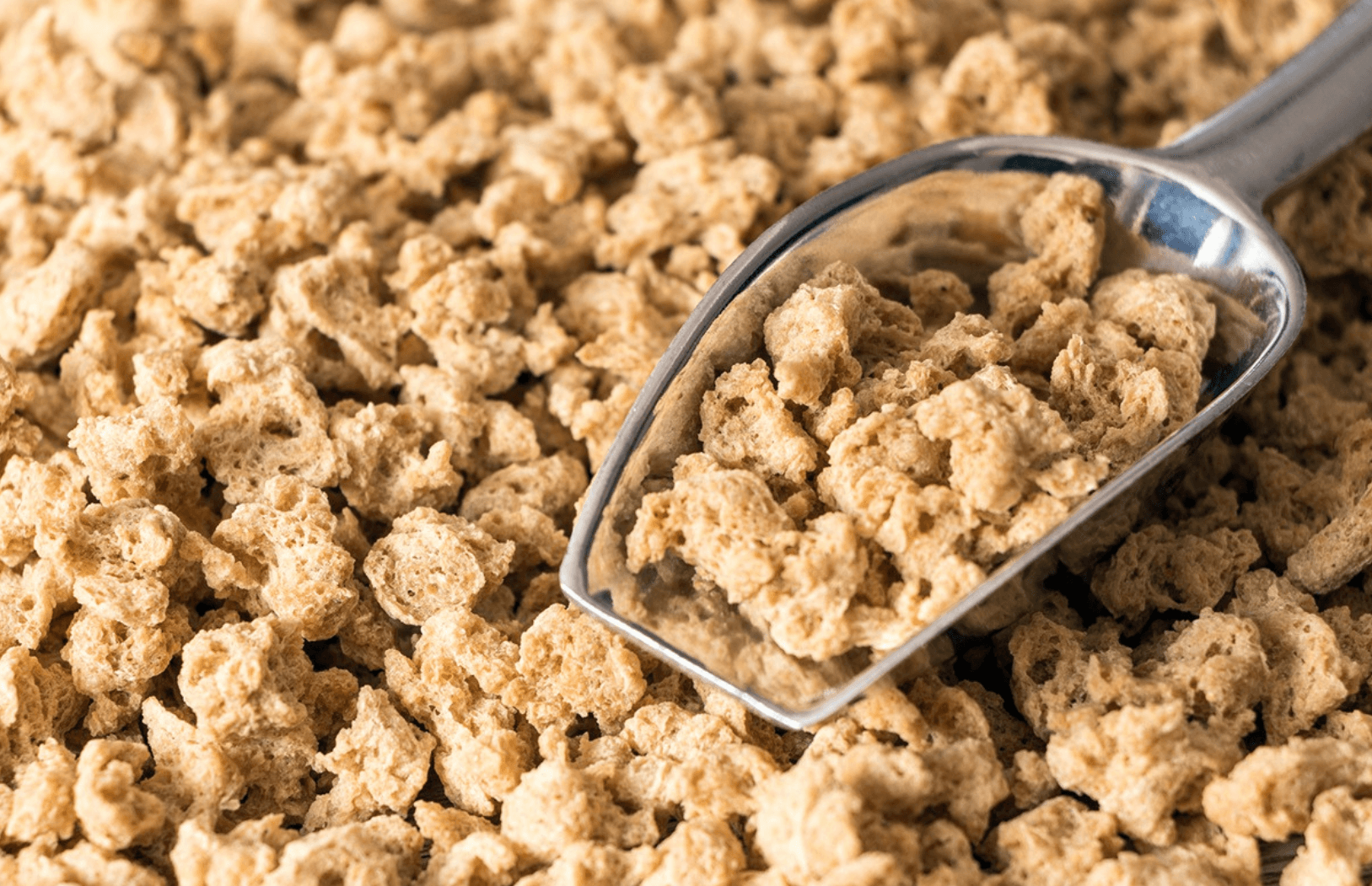World Soil Day
A day to recognize and acknowledge the vital role soil plays in sustaining life and promoting ecosystem health. Read on to know more about World Soil Day
How Medicinal Plants Improve Soil Health and Fight Climate Change
Medicinal plants do more than heal our bodies—they play a key role in keeping our soil healthy and fighting climate change. On World Soil Day, let’s take a closer look at how these incredible plants contribute to better soil and a greener planet.
Medicinal Plants and Carbon Storage
Medicinal plants like Terminalia bellirica (Baheda) and Withania somnifera (Ashwagandha) capture carbon dioxide from the air and store it in their roots and leaves. This process helps reduce greenhouse gases while also improving the soil’s organic content, making it richer and more fertile.
Boosting Soil Health Naturally
Medicinal plants help recycle nutrients in the soil. For example:
Plants like Mucuna pruriens (Velvet bean) add natural nitrogen to the soil, reducing the need for chemical fertilizers.
They also release nutrients like phosphorus and potassium, which keep the soil balanced and ready for farming.
Helping the Soil Hold Water
Plants like Aloe vera and Tulsi (Ocimum sanctum) improve how the soil absorbs and holds water. This helps prevent water from running off and keeps the ground moist, even during dry seasons—a lifesaver in drought-prone areas.
Protecting Soil from Erosion
Medicinal plants’ roots hold the soil together, protecting it from being washed or blown away. For instance:
Vetiver grass is famous for its deep roots that stop landslides.
Shrubs act as windbreakers, keeping the soil in place.
Food Forests: A Win-Win for Soil and People
Food forests with medicinal plants mimic natural ecosystems. They include:
Trees like Neem (Azadirachta indica) that store carbon and enrich the soil.
Herbs like Turmeric (Curcuma longa) increase soil’s microbial life, making it healthier.
These forests not only protect the soil but also provide food, medicine, and clean water—supporting both nature and communities.
Simple Steps for Better Soil
Incorporating medicinal plants into farming and gardening can make a huge difference.
Here’s how:
Intercropping: Grow medicinal plants alongside crops to enrich the soil and keep pests away naturally.
Green Manuring: Use plants like Sesbania to add organic matter to the soil.
Mulching: Cover the soil with plant residues to retain moisture.
Agroforestry: Combine trees and crops to protect and rejuvenate the soil.
Supporting the Sustainable Development Goals (SDGs)
The use of medicinal plants in soil health directly contributes to several SDGs:
SDG 2: Zero Hunger – Healthier soil leads to increased agricultural productivity and food security.
SDG 3: Good Health and Well-being – Medicinal plants improve both soil and human health by providing natural remedies.
SDG 13: Climate Action – By sequestering carbon and reducing greenhouse gases, these plants help combat climate change.
SDG 15: Life on Land – Protecting soil and ecosystems promotes sustainable land use and biodiversity.
Let’s Act Now
Medicinal plants are nature’s gift to us and our soils. By integrating them into our farming and conservation practices, we can restore soil health, fight climate change, and create a sustainable future. On this World Soil Day, let’s celebrate these unsung heroes and make them part of our everyday lives!
Author - Dr. Tabassum

International Environmental Education Day (January 26)
Jan 23, 2026
On International Environmental Education Day (January 26), we are reminded of a powerful truth: The future of our planet depends on what and how we teach today.
Read more

TDU VC Darshan Shankar pays tribute to Prof. Madhav Gadgil
Jan 9, 2026
Read more

Rethinking Periods: When Did Rest Become Restriction ?
Jan 8, 2026
Menstruation is one of the most natural processes of the female human body, yet it remains one of the most misunderstood. Across cultures-especially in India-it has been surrounded by silence, shame, and countless restrictions.
Read more

When a Baby Cries, the Body Speaks – Learning to Understand Your Child’s Silent Language
Jan 8, 2026
Children are often called a gift from God. When a baby is born, it feels like receiving a blessing
Read more

Plant Imperialists : The destructive case of Lantana camara
Jan 8, 2026
British gardening enthusiasts brought Lantana camara, a shrubby plant with spectacular inflorescence, to Kolkata around the 1800s. Surely, they enjoyed having colourful flowers around them and hoped to feel less homesick while they mass-occupied Indian land
Read more

Are Mock Meats Just a Modern Fad ?
Jan 8, 2026
“Mock meats” or meat analogues are often dismissed as a bizarre trend by many and countless memes have spawned from the internet’s apparent disdain for mock meats and their consumers.
Read more



